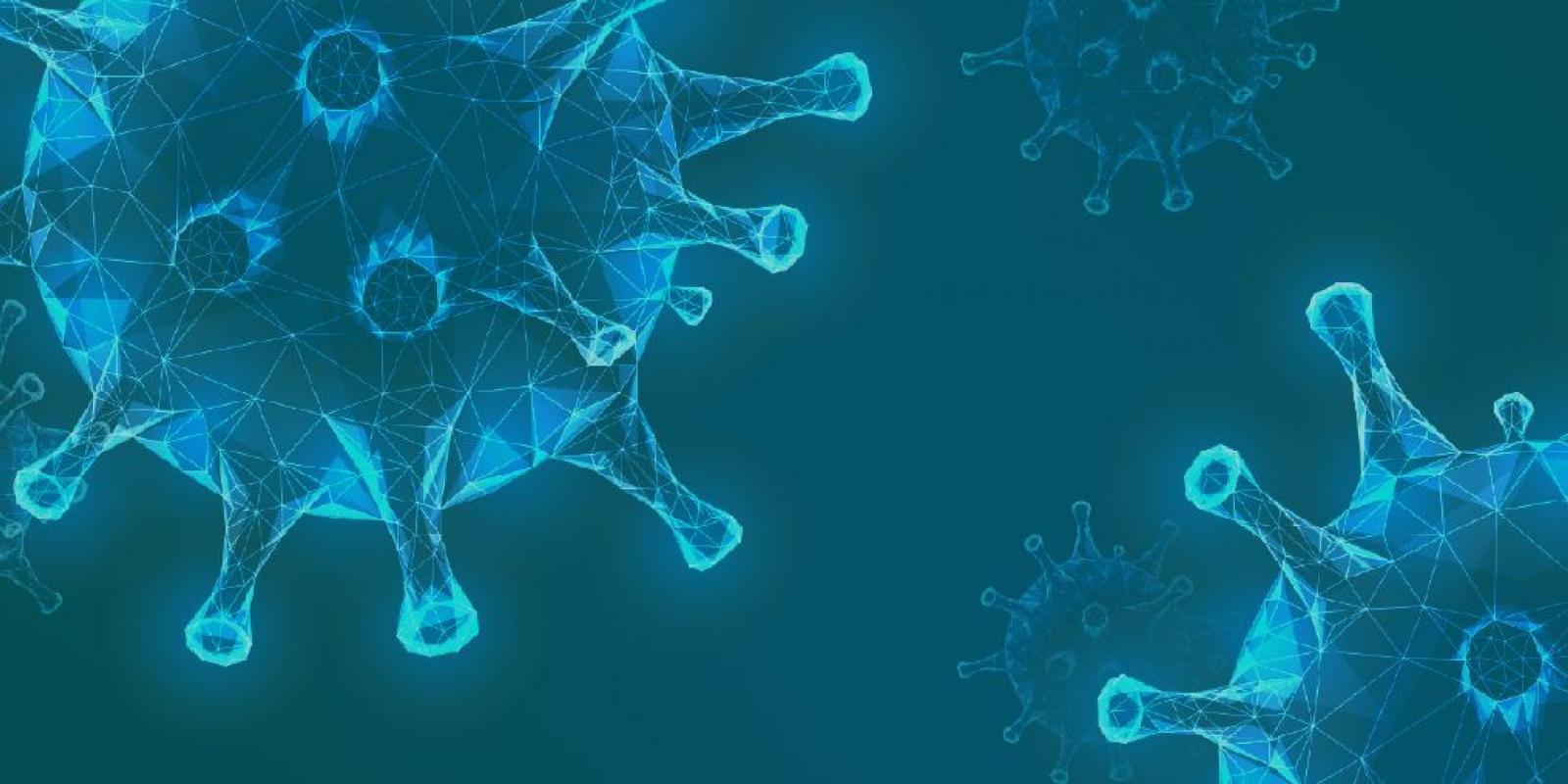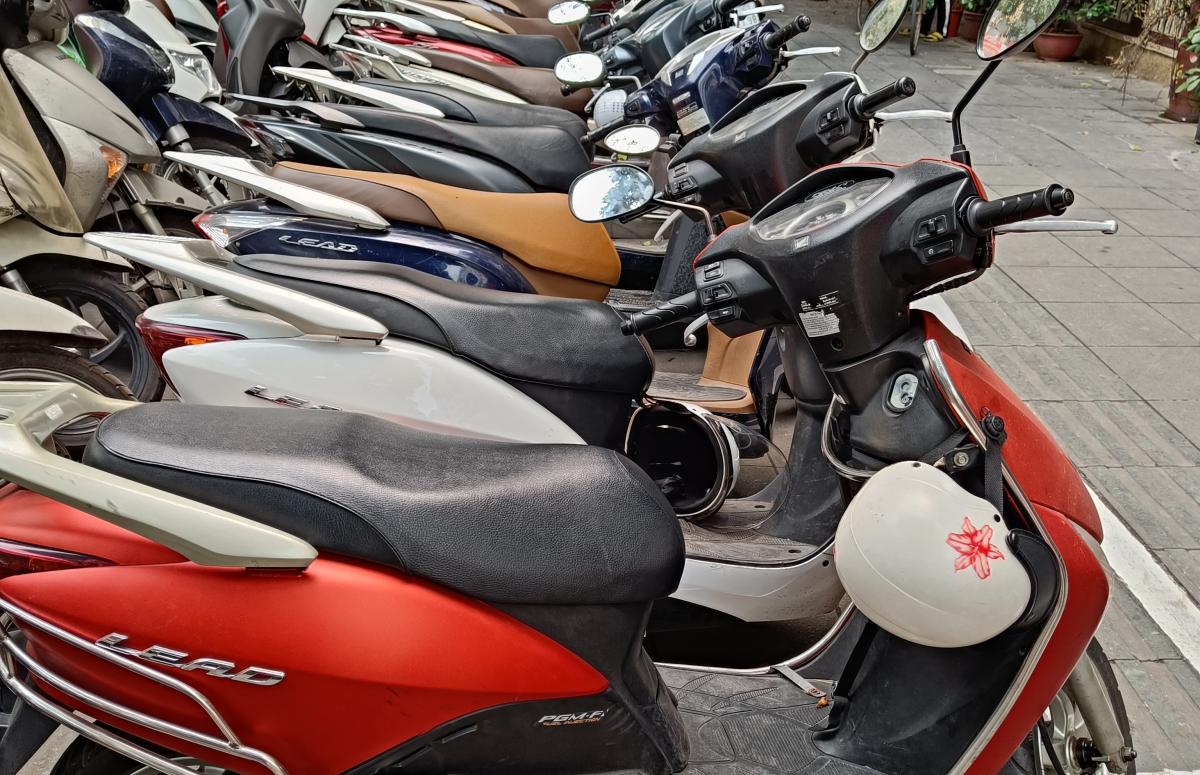
The political economy of pandemic prevention and preparedness in Africa - Policy Brief 13
The huge costs of the COVID-19 crisis have revealed a global failure to learn lessons from previous health crises, and to invest sufficiently and consistently in the public goods of pandemic prevention, preparedness and response. This health security agenda has been seriously neglected in sub-Saharan Africa, which is in a weak position to respond to the present crisis and future pandemics.
Based on research conducted for the UK Foreign, Commonwealth & Development Office (FCDO)-funded Tackling Deadly Diseases in Africa Programme (TDDAP), this Policy Brief suggests that the neglect of the health security agenda in sub-Saharan Africa is above all a political economy problem best understood in terms of the political incentives facing leaders, institutionalised power relations and the collective action problems shaping health security systems and international funding. The Policy Brief explores five political economy problems that are found to be particularly undermining of pandemic prevention, preparedness and response, and develops recommendations for addressing each of these.
Outlawing metal mining in El Salvador - Policy Brief 18
This Policy Brief from TTP Associate Clare Cummings describes how a community-led campaign for ‘water over gold’ succeeded in banning metal mining in El Salvador. The case study sets out the political economy factors which explain why environmental mining did not follow business interests.
Political economy analysis for climate action - new course launched starting October 2024
The Policy Practice is delighted to be re-running the popular online course on Political Economy Analysis for Climate Action. This course explains how political economy analysis can be used to understand the challenge of action on climate change and to design more effective interventions. The course will consist of eight, 2-hour online sessions from 4 October to 12 November 2024. For more information and to register please click below or see our flyer here.
The political economy of energy transitions in Ghana, Zambia and Vietnam - Policy Brief 17
Written by Sam Bickersteth with Neil McCulloch and Meron Tesfamichael, this policy brief draws out some of the common constraints hindering the energy transition in Ghana, Zambia, and Vietnam and many other countries in the Global South. It also shows how political economy analysis can help to identify politically feasible pathways of change in each country demonstrating the importance of such analysis as an essential tool to understand energy transition.



